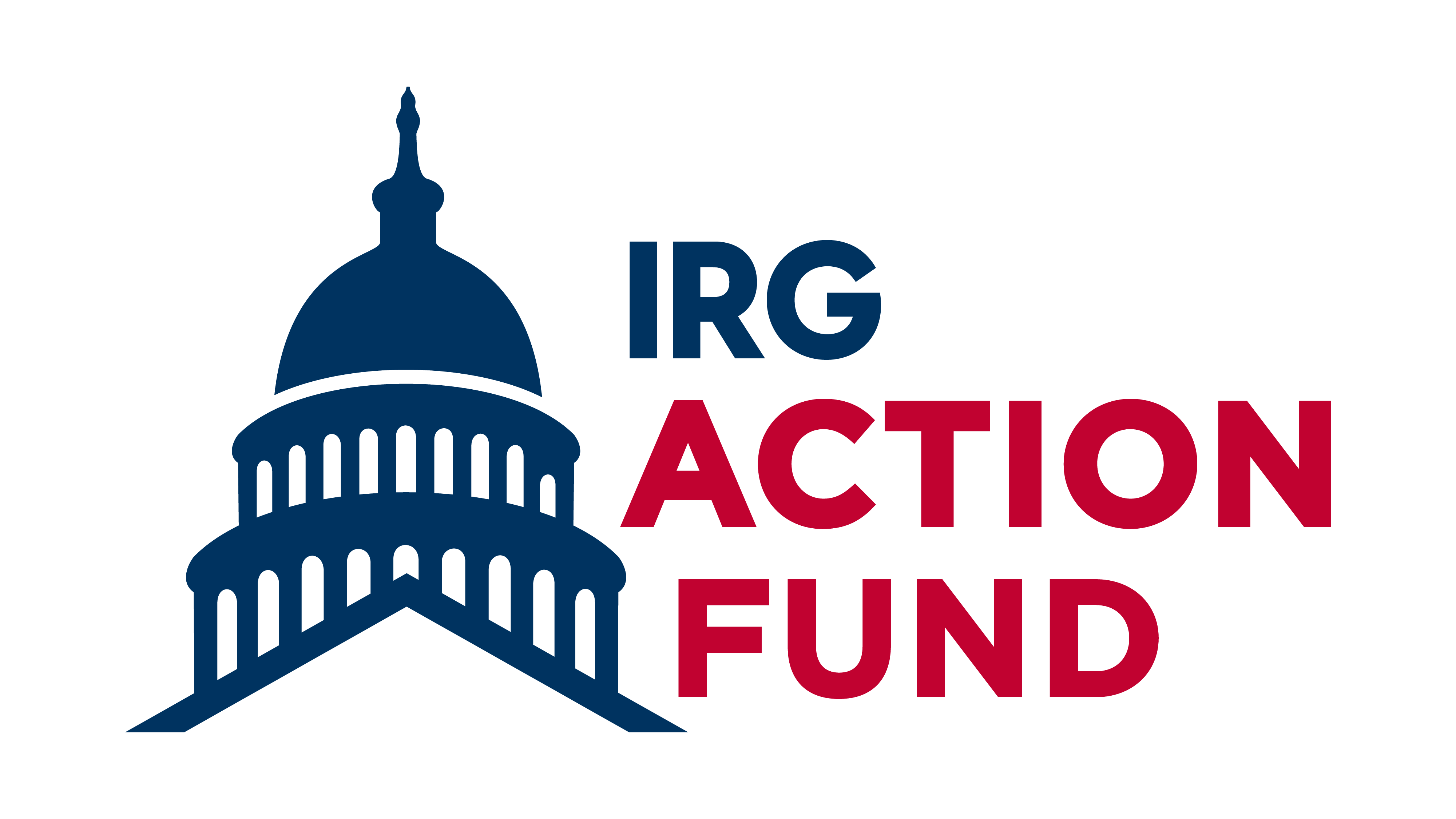MEMO
DATE: November 29, 2023
TO: Assembly Committee on Ways and Means
FROM: Alex Ignatowski, Director of State Budget and Government Reform
RE: IRG Action Support for AB 660: Creating an Employer Child Care Tax Credit
Chairman Macco and Committee Members, thank you for allowing me this opportunity to testify in support of Assembly Bill 660.
Wisconsin families are facing a child care crisis; parents across the state are unable to find child care, let alone at an affordable price. The reason is simple economics – demand is higher than supply, driving costs higher than what an average family is willing to pay or able to afford. For the almost 300,000 kids in need of child care in Wisconsin, there are only 171,000 slots available. According to Forward Analytics, the average cost of child care in Wisconsin is between 18% and 36% of a median family’s income. The problem is clear: child care is hard to find and too expensive for Wisconsin families.
Employers realize that child care has become a major reason for staffing and labor shortages. In response, some employers are now offering on-site child care or contracting with existing child care providers to make sure slots are open for their employees. Spurred by necessity, these employers are now taking advantage of federal tax credits designed to encourage this employer sponsored benefit. Wisconsin can do more to help these employers that are stepping in to meet the need. By creating a child credit here, we will further incentivize businesses around the state to create, maintain, or expand child care programs for their employees.
Assembly Bill 660 would create a tax credit for employers that offer a child care program for their employees. Employers that operate a child care facility, administer a child care program, or contract for child care services would be eligible to receive a refundable tax credit up to $100,000 for the initial implementation of a child care program. Ongoing expenses of an employer sponsored program would then be eligible for a tax credit of $3,000 per child in the program. This legislation is not a silver bullet to solve the broader issues with child care in Wisconsin, but it takes a positive step in creating an incentive structure that will increase access to child care for average working families.
Wisconsin is not alone in these efforts, child care is a topic at the top of the list for many states. In a 2021 report commissioned by Iowa Governor Kim Reynolds, the Child Care Task Force recommended legislation that would create a child care tax credit for employers similar to the federal 45F child care tax credit. The 45F tax credit allows for employers to claim a 25% credit on qualifying expenses and is capped at $150,000. The credit is nonrefundable, but claimants are able to carry expenses forward for 20 years.
Earlier this year, Iowa passed bipartisan legislation that mirrored the 45F credit. The vote was 49-0 in the Senate and 86-13 in the House. In doing so, they streamlined this credit for employers who are already familiar with 45F. Part of this may be owed to the fact that the 45F tax credit is a bipartisan achievement out of congress. In fact, there is bipartisan legislation in Congress right now to expand the 45F credit; increasing the credit to 50% and the cap to $500,000.
Wisconsin cannot afford to do nothing when it comes to child care. If we want parents back in the workforce, then we need to find ways to encourage employers to make child care available and more affordable for working families. Assembly Bill 660 does that. I respectfully ask for your support of this important legislation.
